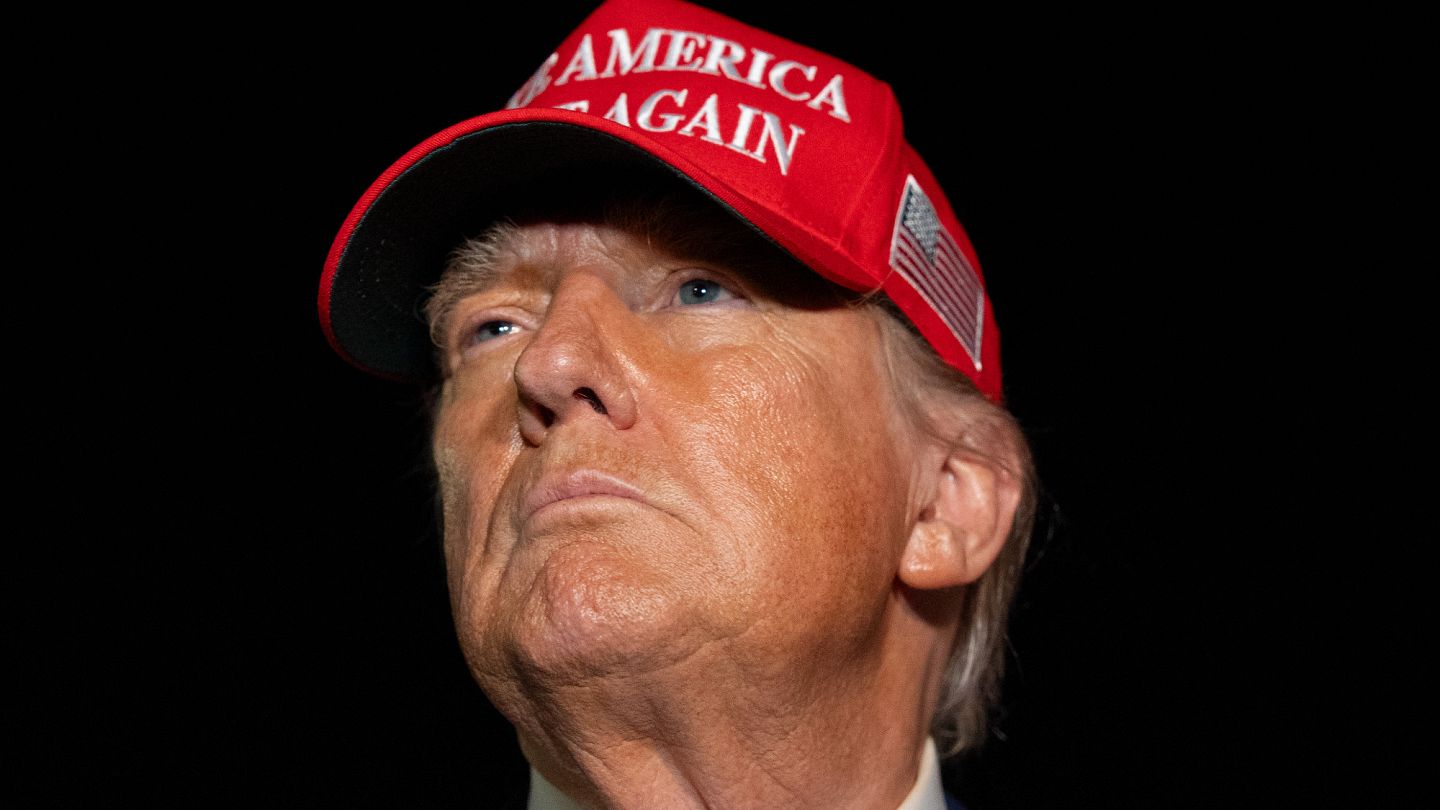Trump vows tariff hikes of up to 70%, says nations will 'start to pay' in August
Donald Trump stated that "10 or 12" letters would be sent out on Friday, with others to follow, ahead of a 9 July deadline for countries to strike deals and avoid higher import costs.
US President Donald Trump is expected to begin formally notifying key US trading partners of a sweeping new tariff regime as early as Friday, according to media reports. The duties, set to take effect on 1 August, could see some countries face levies of up to 70% on exports to the United States.Speaking to reporters ahead of the Independence Day holiday, Trump said around "10 or 12" letters would be issued immediately, with more to follow over the coming days. "By the ninth they'll be fully covered," he stated, referring to a 9 July deadline he previously set for reaching deals that could avert the higher tariffs.Trump's approach, widely seen as part of his America First trade agenda, leaves little room for negotiation. "They'll range in value from maybe 60 or 70% tariffs to 10 and 20% tariffs," he added, making clear that the scale of the new charges would vary by country.The United States is currently in sensitive talks with several economies, including South Korea, Indonesia, Switzerland and the European Union. The discussions are understood to be at a critical stage, where delicate issues are being tackled.The White House first announced the higher "reciprocal" tariffs on 2 April, but delayed full implementation for 90 days to allow time for talks. During the interim, a 10% rate was applied. Should the full slate of tariffs be enacted next week, Bloomberg Economics estimates the average duty on US imports could rise to around 20%, up sharply from the pre-Trump average of roughly 3%.Such an increase would represent a significant escalation from the initial framework unveiled in April, where proposed tariffs ranged from 10 to 50%. The president has not yet detailed which countries or goods would fall under the highest rate brackets.Trump said the measures would begin generating revenue from next month. "Countries would start to pay on 1 August. The money will start coming into the United States on 1 August," he said.While tariffs are officially paid by importers or their intermediaries, the costs are often passed down to consumers or absorbed by businesses through reduced profit margins. According to local media, economists have cautioned that the delayed impact of tariffs could complicate efforts by the Federal Reserve to manage inflation. Some Fed officials are reportedly hesitant to cut interest rates while the full economic effects of the trade measures remain unclear.The new tariffs have rattled global markets, with shares in Asia and Europe declining and the dollar weakening. US markets remained closed on Thursday for the Fourth of July holiday.


